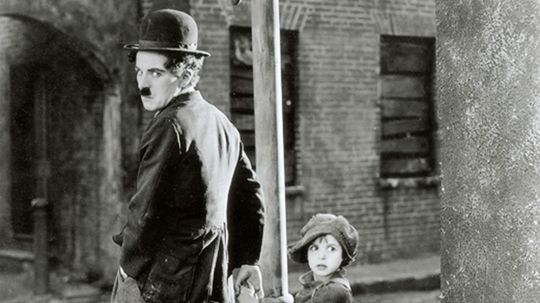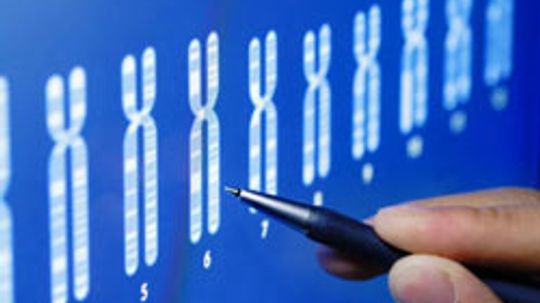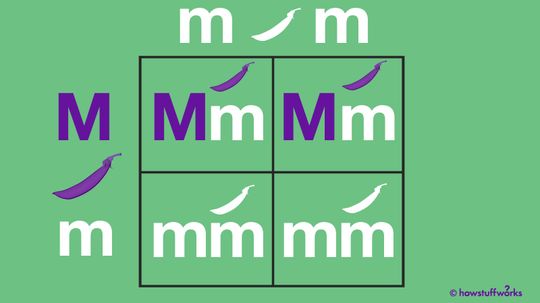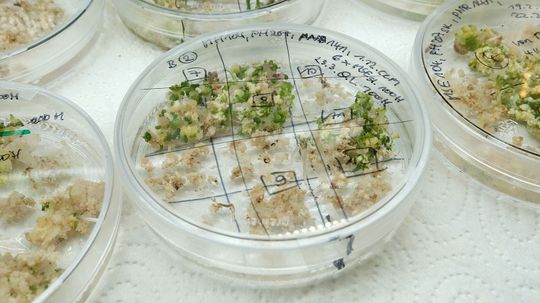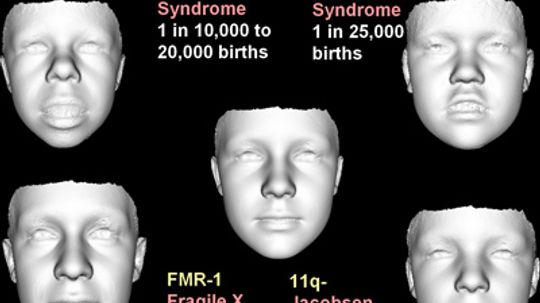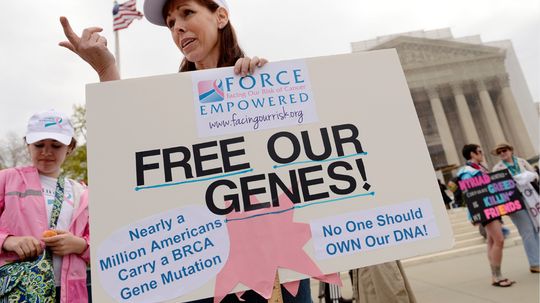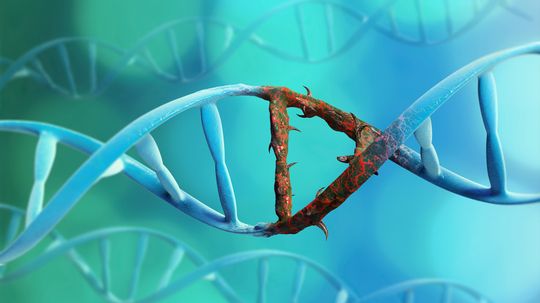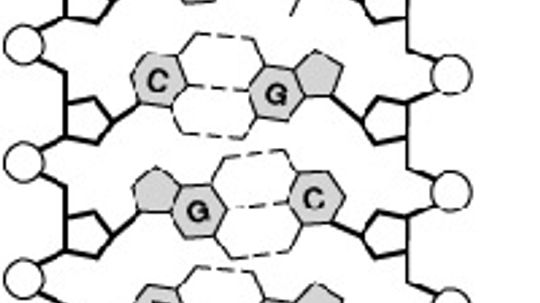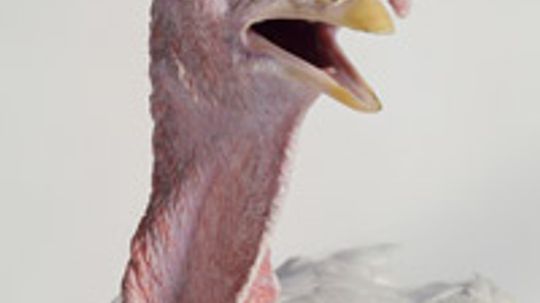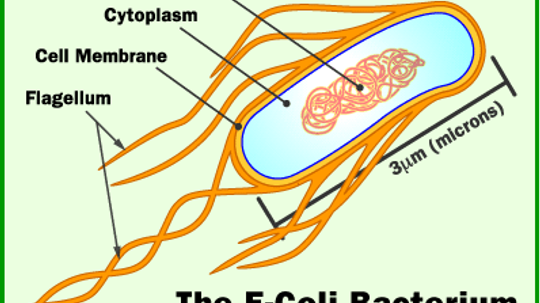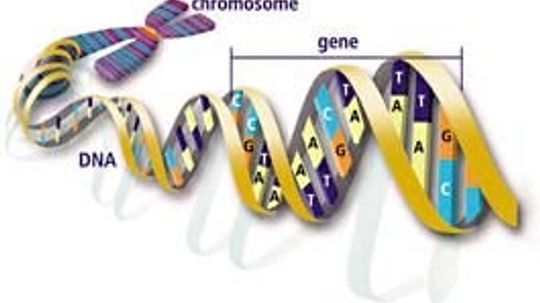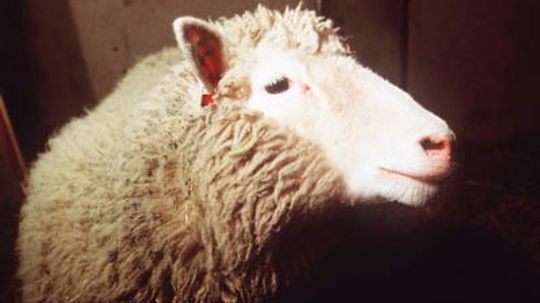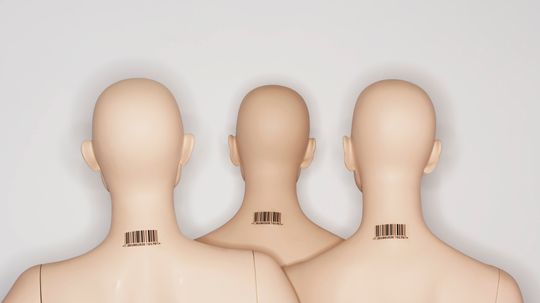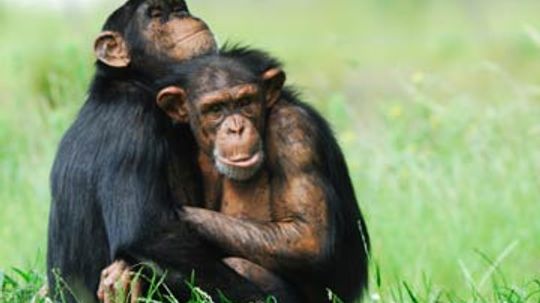Genetic Science
Genetics is the study of cellular science. It furthers our understanding of how DNA and the genetic make-up of species and can lead to cures for diseases and shape our future.

Why do people sing in the shower?

10 Bizarre Treatments Doctors Used to Think Were Legit

Ancient Egyptian Pregnancy Test Survived Millennia Because It Worked
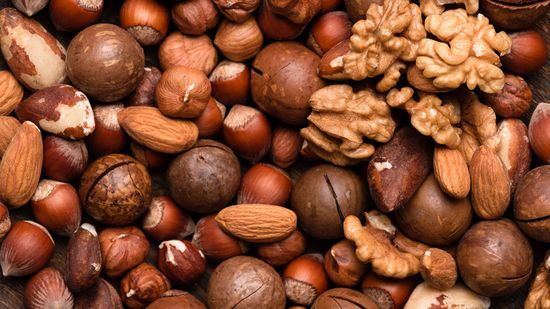
Can You Crack This Nuts Quiz?

The Science Behind Your Cat's Catnip Craze

Corpse Flower: When Nature Deceives

Hypertonic vs. Hypotonic Solutions: Differences and Uses

Your Phone Is a Germ Factory, So Stop Taking It to the Toilet
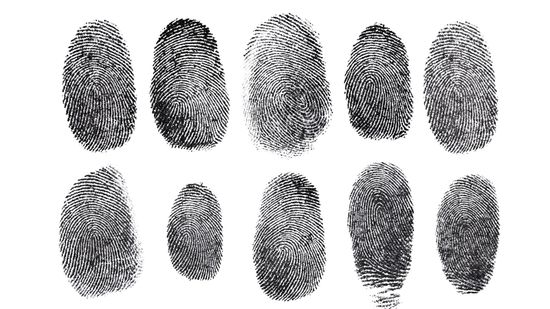
Why Even Identical Twins Have Different Fingerprints
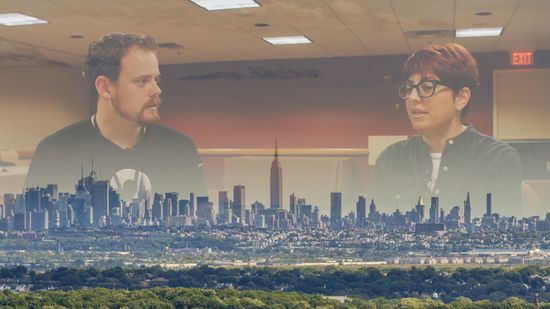
Howstuffworks Interviews: Extinction Level Events with Annalee Newitz
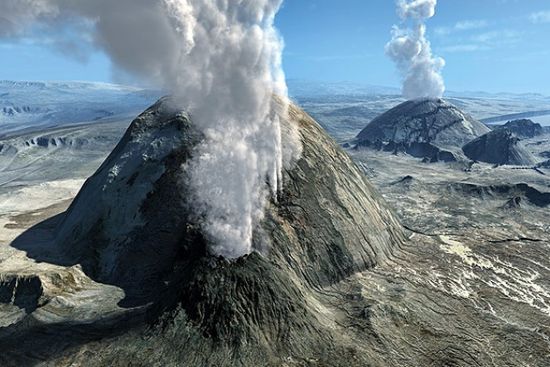
What will the Earth look like in 50,000 years?

How did language evolve?

Differences Between Pet Training and Animal Conditioning

What Is Shadow Work and How Does It, Well, Work?

Why can't we remember being babies?
Learn More
According to the Centers for Disease Control and Prevention, the average height in the United States is 5 feet, 9 inches (1.75 meters) for adult men and 5 feet, 3.5 inches (1.61 meters) for adult women. But some people can reach heights upwards of 7 or 8 feet (2.1 to 2.4 meters)!
By Sascha Bos
Before the widespread use of DNA, establishing the paternity of a child was a tricky business. Ever heard of the oscillophore?
By Dave Roos
After scientists announced the first draft of the human genome, people began to wonder how our new understanding of DNA would change life. Several research institutes stated the accomplishment would revolutionize science and modern medicine -- but how, exactly?
Advertisement
What's more fun than looking at pictures of DNA and celebrities? Check out Dolly, dimples and dominant and recessive traits in this fun gallery charting how genetics play out in humans (and a few animals).
How can children from the same parents look so different? I mean, why don't all kids from the same parents look exactly alike, since the parents just have one set of chromosomes each and they don't change?
A Punnett square helps predict the possible ways an organism will express certain genetic traits, such as purple flowers or blue eyes.
CRISPR is the genius behind innovations that seemed impossible a decade ago. Could you grow tomatoes with the kick of hot sauce or ferment wine that doesn't cause a hangover? That's just two of the things scientists are looking into.
Advertisement
If your eyes are the windows to your soul, then your face might just be the window to your DNA. An examination of your face shape could determine if you suffer from a genetic disorder.
By Josh Clark
Did you know that elements of your genetic code are patented? Companies and researchers can actually lay claim to sequences of genetic code. Is that as scary as it sounds?
What does it take to be considered a genius? Were the Mozarts and Monets of the world born with it? Or did their environment shape who they became?
When the traffic lights are functioning, drivers (usually) behave. Break a light, and everything comes to a standstill. Within our bodies, we could liken that broken traffic light to a DNA mutation — one that has the potential to mess up our body's everyday operations.
Advertisement
We've been raised with the belief that death is inevitable, so we must consider the legacy of what we'll leave behind. But what if you had unlimited time to pursue your life's work? What if you didn't have to die?
It sounds kind of great, right? Imagine everything you and yourself could get done. You'd be masters of the world -- wouldn't you?
By Robert Lamb
Who hasn't fantasized about bigger biceps? Killer abs? A rear end you could bounce a quarter off? But would you tamper with your genes to achieve that buff body?
How would you like to be the person responsible for changing science and Western civilization? With the "Origin of Species," Charles Darwin did. How did this English gent become the reluctant ambassador of evolution?
By Robert Lamb
Advertisement
More than 50 years have passed since Watson and Crick untangled the structure of DNA and five years have elapsed since scientists finished sequencing the entire human genome. What have we figured out about our genetic material?
That bowling ball of white meat in your oven is a far cry from its wild ancestors. How did a single breed of top-heavy, dim-witted birds come to dominate the turkey market?
Ever since I took biology in high school I have wondered -- why do humans (and plants and animals) have two of every gene, and why is one "dominant" and the other "recessive"? How does my body know which one is dominant? How does it pick between the
The physical you is a result of your DNA, and your DNA is part of the human gene pool. Find out what the "gene pool" really is and what happens when it shrinks.
Advertisement
Given the choice, would you rather have been born with a different eye color, hair color or skin tone? Of course, you didn't have these options, but could you have them for your own children?
By Kevin Bonsor & Julia Layton
The CBS drama "CSI: Crime Scene Investigation" routinely uses cutting-edge technology to solve crimes, including collecting and analyzing DNA evidence. But catching a criminal using DNA evidence is not quite as easy as "CSI" makes it seem.
Cloning is the process of making a genetically identical organism through nonsexual means. In this article, we will examine how cloning works and look at possible uses of this technology.
What is the difference between a hardwood and a softwood? How hard does a tree have to be to be considered hardwood?
Advertisement
With movie titles like "Attack of the Clones" and "The Clone Wars," it's no wonder human cloning makes us anxious. As scientists make startling discoveries cloning animals, are humans next?
By Kevin Bonsor & Cristen Conger
Chimps share almost 99 percent of our genetic makeup. What makes up that tiny, 1 percent difference? What are the things that differentiate us from other great apes?
By Tom Scheve

